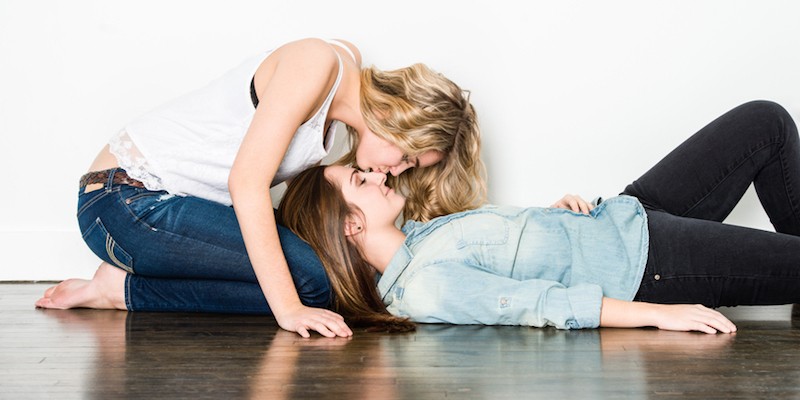According to a new survey, Americans are more accepting of gay relationships, but they are less comfortable with divorce.
Over the last few years, the American government has been periodically asks thousands of teens and younger adults what they think about changes in U.S. family relationships.
The results released this week indicate a shift over a decade on a range of topics. But most surprising was what they said about divorce.
Asked if divorce is the best solution when a marriage is on the rocks, 38% of women agreed, down from 47% a decade earlier. For men, it was 39%, down from 44%.
Divorce in the U.S. has become more common through the generations, and there’s an assumption that acceptance would be holding steady or perhaps increasing, some experts said.
According to Wendy Manning, a family and marriage researcher at Bowling Green State University in Ohio, there could be several explanations for the decline.
Marriage is becoming so selective that maybe people think if you achieve this status, you don’t want to end it.”
Marriage rates are down and people are older when they first get married. So those who do marry are more likely to be in it to win it, she said.
Also, the survey was conducted on the heels of a national economic downturn, when some couples didn’t have the money to divorce and set up separate households, she noted.
Other findings, which reflect an increase over a decade:
- Think it’s OK for a young couple to live together before they’re married; about three-quarters of men and women.
- Approve of single women having and raising a baby; 78% of women, 69% of men.
- Agree gay and lesbian adults should have the right to adopt children; 75% of women, 68% of men.
- Approve of premarital sex among 18 year olds; about 54% of women and 64% of men.
- But there was no significant change when it came to sex among 16 year olds. Only 15% of women and 21% of men said it’s OK.
- And fewer than 10% think it’s necessary to have children to be happy in life. That hasn’t been changing, either.
[interaction id=”56e2ea47251215382ec24d7e”]



